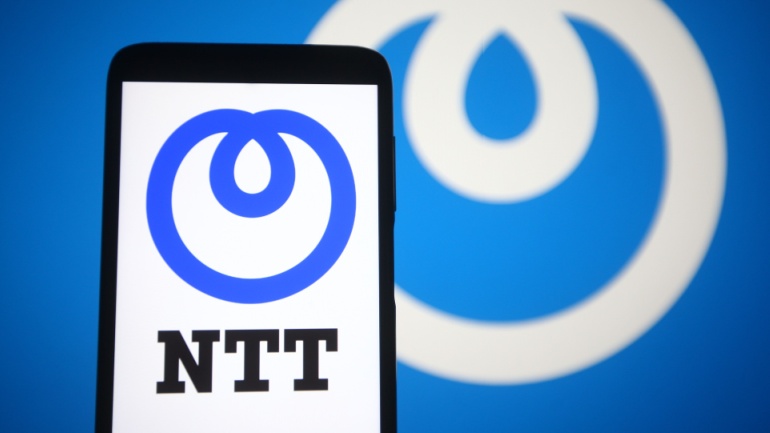Japan’s largest telecom provider, NTT, might get a break from longstanding regulations that have created competitive boundaries since its partial privatization back in the 1980s. But will this veer the industry off the road to a fair market environment? The proposed changes face major resistance, with critics highlighting the impact on national interests and the security of Japan’s telecom infrastructure.
The $24 billion merger between T-Mobile and Sprint drastically reshaped the US mobile landscape, reducing the country’s major operators. To counterbalance this change, Dish Network intended to purchase T-Mobile’s 800 MHz licenses.
Bouygues Telecom is set to challenge the balance within French telecommunications with a €963.4 million bid to fully acquire La Poste Telecom. Currently split between La Poste Group and SFR, the potential ownership change will significantly boost Bouygues’ customer base and reinforce its position in both mobile and fixed services.
BT launched NB-IoT network covering 97% of the UK to boost IoT use in sectors like utilities and construction. Elisa and Nokia showcased 5G Advanced’s L4S technology, demonstrating its potential to improve connectivity. Nokia’s Virtual Power Plant Controller Software enables mobile operators to lower energy costs, earn revenue, and reduce carbon emissions. LeapXpert and ASC collaborate to offer a compliance recording solution for Microsoft Teams, enabling regulated external communications.
In the United Kingdom, a significant transition is underway as the nation shifts from traditional analogue landline services to modern, IP-based digital systems. This change, mirroring a global trend towards digital communication solutions, aims to enhance service quality for the majority of consumers. However, it has raised concerns for certain vulnerable groups who depend on the older technology and may face challenges, particularly during power outages, which could impact their ability to reach emergency services.
Neterra, a telecommunications trailblazer for nearly three decades, recently secured the prestigious ‘Best Central & Eastern European Carrier’ award at the Global Carrier Awards 2023. In an exclusive interview with Svetoslava Bancheva, the PR and Digital Communications Manager, Neterra’s evolution from providing Bulgaria’s first internet connection to becoming a global telecom solution provider unfolds. Svetoslava highlights pivotal milestones, including running submarine cables under the Danube River and the establishment of the Sofia Data Center.
In a surprising turn of events, Apple, the tech powerhouse, has emerged victorious in the global smartphone market for 2023, surpassing its competitors in sales despite maintaining its position as the most expensive option. This revelation comes from IDC, the first analyst firm to release figures supporting Apple’s unprecedented success this year.
Unveiling a concerning revelation in the telecommunications network, inside sources disclose that a vast number of personnel are bypassing “whereabouts rules”, exposing client companies to potential cyber threats. Learn about the delicate balance between accountability and security as we explore the disquieting trend and potential remedies within this intricate reality.
In a significant development, the National Telecommunications and Information Administration (NTIA) has released updated guidelines for the $42.5 billion Broadband Equity, Access, and Deployment (BEAD) program. The revised framework, known as Uniform Guidance, outlines rules and requirements for federal financial assistance awards and subawards, aiming to enhance the efficiency of the grant management process.
House Republicans are seeking clarity from the NTIA on its stance on Broadband, Equity, Access, and Deployment (BEAD) program initial proposals, pertaining to potential rate regulations. They argue such regulations may contravene the Infrastructure Investment and Jobs Act (IIJA) directives. Amid rising concerns, Louisiana becomes the first state to have its BEAD program approved.













